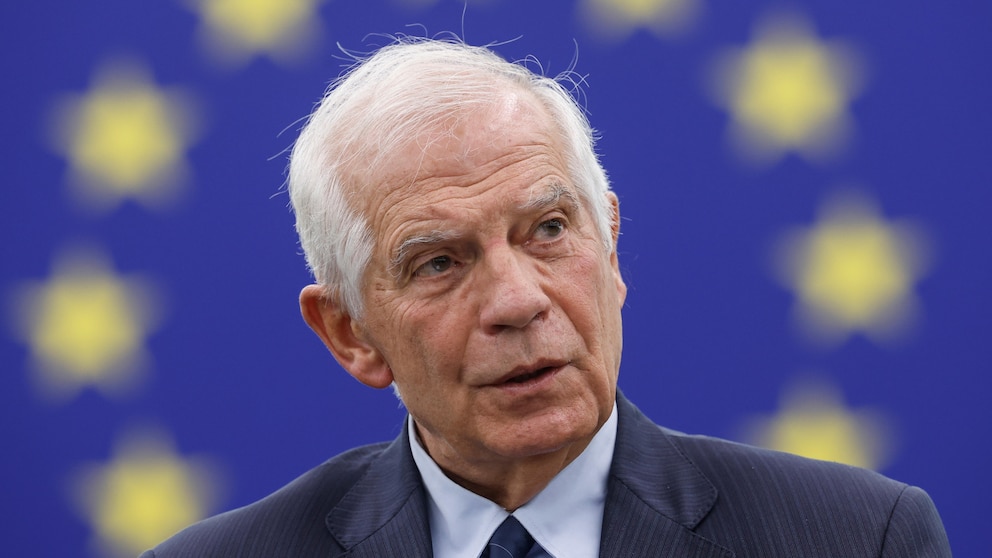The European Union’s Efforts to Address Heightened Security Challenges Amid Escalating Israel-Hamas Conflict Spark Fresh Concerns
The recent escalation of the Israel-Hamas conflict has not only raised tensions in the Middle East but also sparked fresh concerns about the European Union’s ability to address heightened security challenges. As the conflict intensifies, the EU finds itself facing a complex and delicate situation, trying to balance its commitment to human rights and international law with the need to maintain stability and security in the region.
The EU has long been involved in efforts to promote peace and stability in the Israeli-Palestinian conflict. It has supported a two-state solution, recognizing the right of both Israel and Palestine to exist within secure and internationally recognized borders. However, the recent violence has put the EU’s commitment to these principles to the test.
One of the main concerns surrounding the EU’s response to the conflict is its ability to effectively address the security challenges posed by the escalating violence. The EU has repeatedly called for an immediate ceasefire and an end to all acts of violence, but its influence on the ground remains limited. The EU lacks a strong military presence in the region and relies heavily on diplomatic efforts and support for international organizations such as the United Nations to mediate and de-escalate tensions.
Another concern is the EU’s ability to maintain a united front in its response to the conflict. The EU is a diverse union of member states with varying interests and perspectives on the Israeli-Palestinian issue. While some member states advocate for a more assertive approach towards Israel, others prioritize maintaining close ties with Israel due to historical, economic, or strategic reasons. This diversity of opinions within the EU can hinder its ability to speak with one voice and take decisive action.
Furthermore, the EU’s efforts to address the security challenges in the region are complicated by its broader geopolitical considerations. The EU is keen on maintaining stability in the Middle East to prevent further destabilization and the potential spillover of violence and extremism into Europe. This concern is particularly relevant given the recent rise of terrorist attacks in European cities. Balancing security concerns with the need to uphold human rights and international law can be a delicate task for the EU.
The EU’s role in addressing the Israeli-Palestinian conflict is also influenced by its relationship with other international actors. The United States has traditionally played a significant role in mediating peace talks between Israel and Palestine, but its recent disengagement from the region under the Trump administration has left a void that the EU is trying to fill. However, the EU’s ability to effectively mediate and influence the parties involved in the conflict is limited without the support and cooperation of other key actors such as the United States, Russia, and regional powers like Egypt and Jordan.
In conclusion, the European Union’s efforts to address heightened security challenges amid the escalating Israel-Hamas conflict have sparked fresh concerns. The EU’s ability to effectively address security challenges, maintain a united front, balance geopolitical considerations, and navigate its relationship with other international actors are all factors that will determine its success in promoting peace and stability in the region. As the conflict continues to unfold, it is crucial for the EU to find a balanced approach that upholds its principles while effectively addressing the security challenges at hand.



